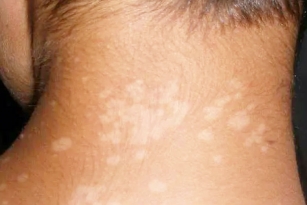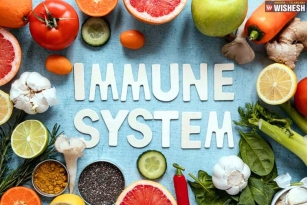
An unbalanced diet that is high in fat and processed foods can lead to a number of digestive disorders, including heartburn, indigestion, acid reflux, gas and constipation. Other preventable factors contributing to digestive disorders can be alcohol consumption, smoking, stress, lack of sleep and lack of exercise.
Usually a change in your diet will be enough to prevent digestive disorders. You should cut out fats, sweets and alcohol as much as possible, and try eating more fruits and vegetables, which contain plenty of nutrients and fibre.
To get the recommended amount of 25 grams of fibre per day, choose whole-grain breads, cereals, and cooked dried beans and peas, all of which are great sources. Fibre increases the bulk of the stool and helps food pass through the digestive tract more easily. To avoid uncomfortable cramps, don’t eat more than 35 to 50 grams of fibre in a day. And if fibre hasn’t been a regular part of your diet, add it gradually over a two- to four-week period.
A fibre-rich diet contains at least five, and preferably ten, servings of fruits and vegetables every day. A carrot, a medium-sized apple, a cup of raw produce, or a half a cup of cooked vegetables makes up one serving. Avoid highly refined foods, such as white rice and bread, processed hot cereals, pastries, pies, cakes, enriched noodles, and commercial snack foods; all are high in calories and very low in fibre. Switch to brown rice, whole wheat bread, and whole-grain pastas. And consider replacing meat with beans. Cooked beans can provide up to nine grams of fibre in just one cup. Beans are also terrific sources of protein and other important nutrients.
Water and other liquids, except alcohol and caffeinated drinks, also help to keep food moving through the digestive tract. Make sure you drink at least six 8-ounce glasses every day, and even more if you exercise or work in a hot climate. Finally, take a look at your lifestyle. Stress, lack of exercise, side effects of medication, disease, crash dieting, and obesity can all cause digestive disorders.














